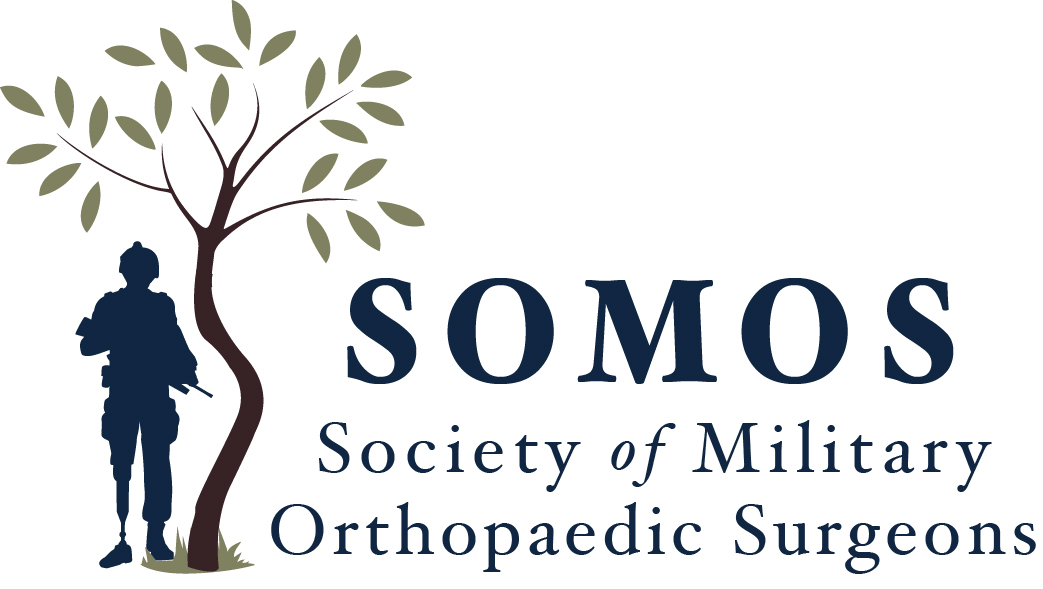- Home
- About
- Education
- Research
- Exhibiting
- Awards & Funds
- Residency Programs
- Brooke Army Medical Center/ San Antonio Military Medical Center
- Dwight D. Eisenhower Army Medical Center
- Madigan Army Medical Center
- Naval Medical Center Portsmouth
- Naval Medical Center San Diego
- Tripler Army Medical Center
- Walter Reed National Military Medical Center
- William Beaumont Army Medical Center
- Womack Army Medical Center
- MOTION
- Career Center
Research: How Do I Get Started?K. Aaron Shaw, DO, MAJ When it comes to conducting orthopaedic research, the most important, and yet often most difficult first step is to decide what to investigate. To create a successful and meaningful research project, you must first have a question in need of an answer. The topic of the question can range vastly, anything from the best diagnostic test for a certain condition to how to optimize the biologic milieu to facilitate osseous formation. However, in order to identify a meaningful question that will further the field of orthopaedic science, you first need the insight and understanding of the field at large. This is often were new researchers struggle, be they medical students, residents, or faculty, but this obstacle is one that is also quite easy to overcome by inquiring of and establishing mentors who have the insight needed to make this first crucial step. It is also beneficial to critically assess the strengths of your institution or practice that can be capitalized upon toward your research efforts. Once a question has been selected, the next step is to perform an in-depth literature review to ensure that your question has not been already investigated. However, not all research questions need to represent a novel idea and there is great benefit in confirming the results of previous data or in improving upon the investigations of previous studies. Either way, a thorough literature review is vital to move forward. Fortunately, as we live in the internet age, there are several available resources that can assist in this process. Two search engines that can be easiest to start with are Google Scholar (www.scholar.google.com) and PubMed (www.pubmed.gov). Using these search engines, you can use your previously defined question to identify previously published studies on your topic. The advanced search options are quite beneficial to narrow potential search outputs in instances of broad research categories (i.e. ACL reconstruction). This is especially important when completing a systematic literature review and/or meta-analysis. Using your search criteria, these results can also be crossed referenced with additional databases (EBSCO, Embase, and Cochrane databases) to ensure all available studies have been identified. Once a thorough literature review has been completed, the next step is to solidify the research plan and methods. The goal of this process is to identify all aspects of the methods to be used to answer the proposed research questions, whether that is defining the clinical or radiographic variables that may influence the outcomes of a surgical procedure or to outline the laboratory testing methods needed. The use of a research outline can be tremendously helpful, incorporating the information gleaned from the literature review to create the strongest and most complete research study. The outline should include a general overview of the literature review, define the purpose and hypothesis of the study, research methods, logistical needs, and any additional variables that will affect the research study (see sample below). By being thorough in developing the research outline, this will aid, not only in developing the IRB protocol but also to prevent unplanned method or data collection revisions during the study conduction. In summary, when it comes to getting started in orthopaedic research, the vital first step begins with the development of your research question, either independently, or with the aid of a mentor or colleague. From here, a thorough literature review will help ensure that the proposed study is of value to the orthopaedic community and aid in the development of a complete research plan. Developing a complete research outline can help develop the research plan and prepare the study for later completion of the IRB proposal.
Topic: Background Information from Literature Review Purpose of Study Hypothesis Project Design Research Methods Logistical Needs to Complete Study |




